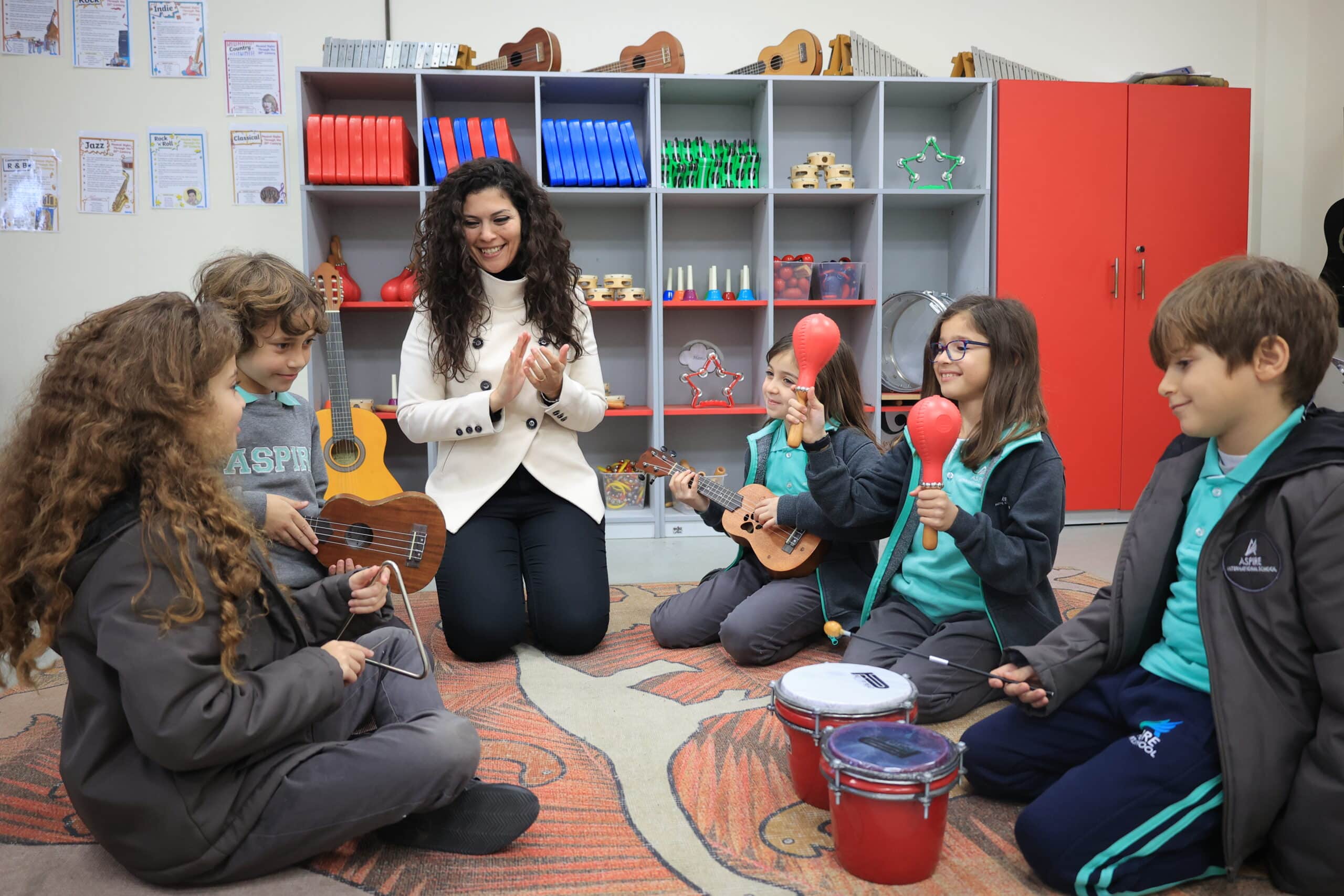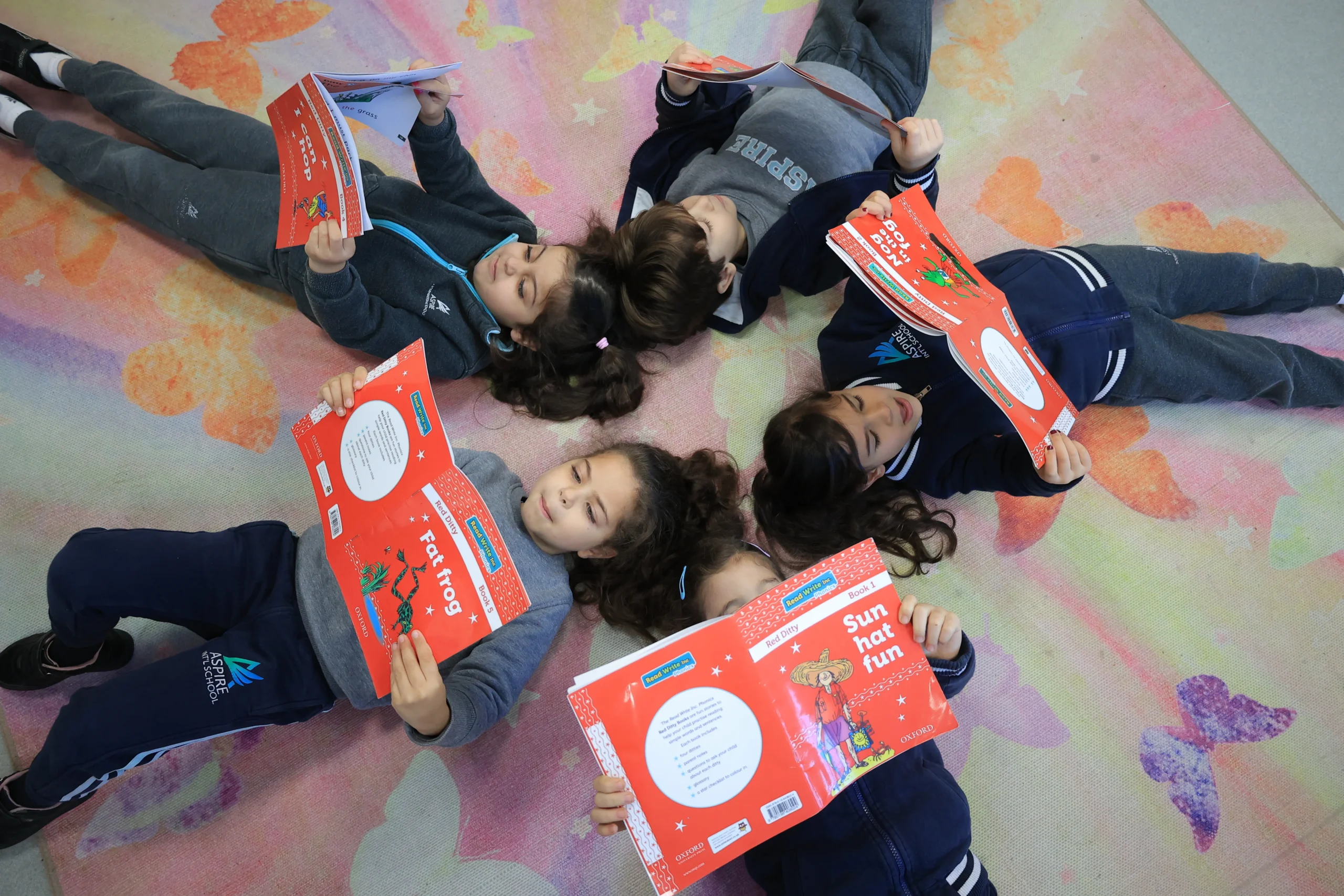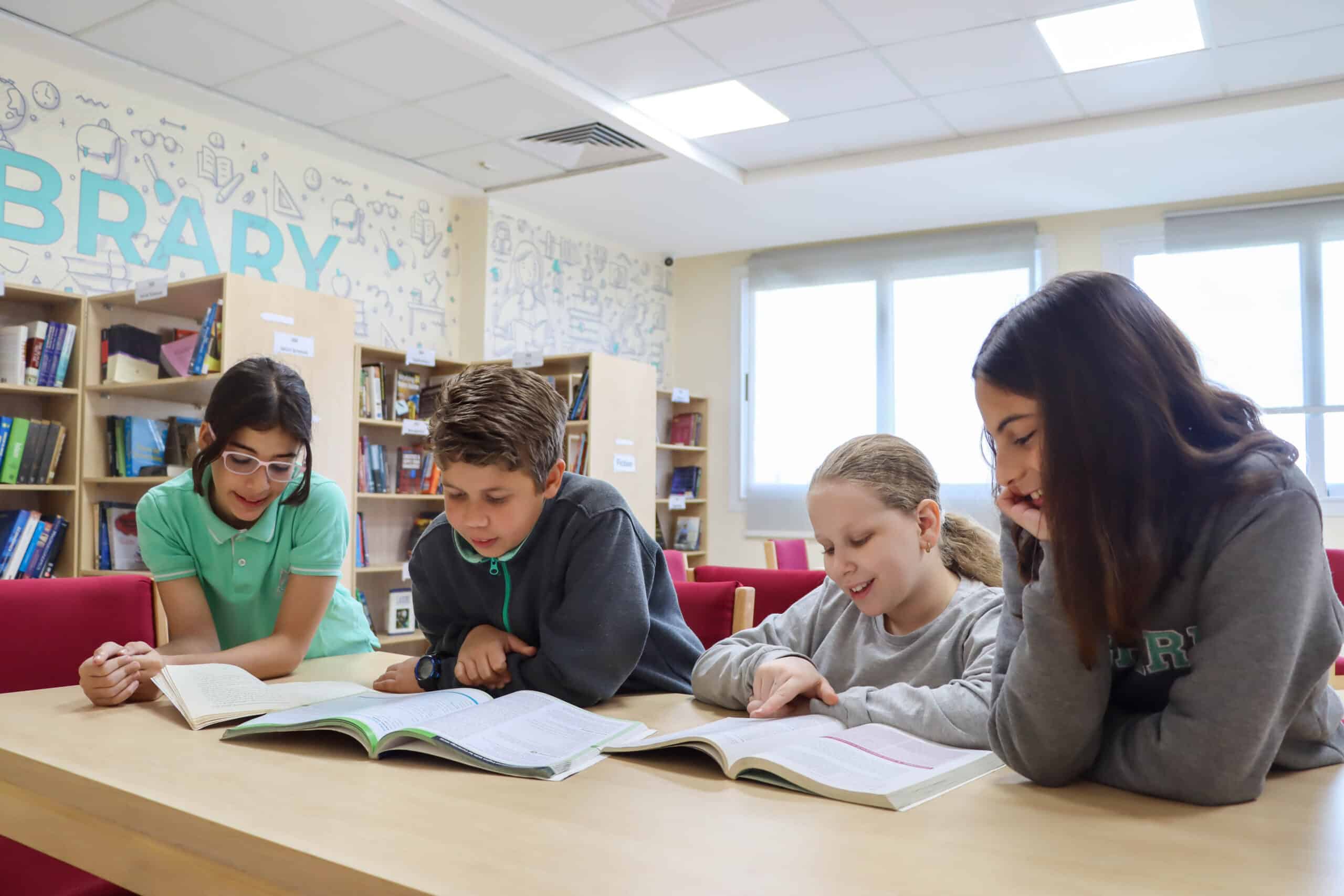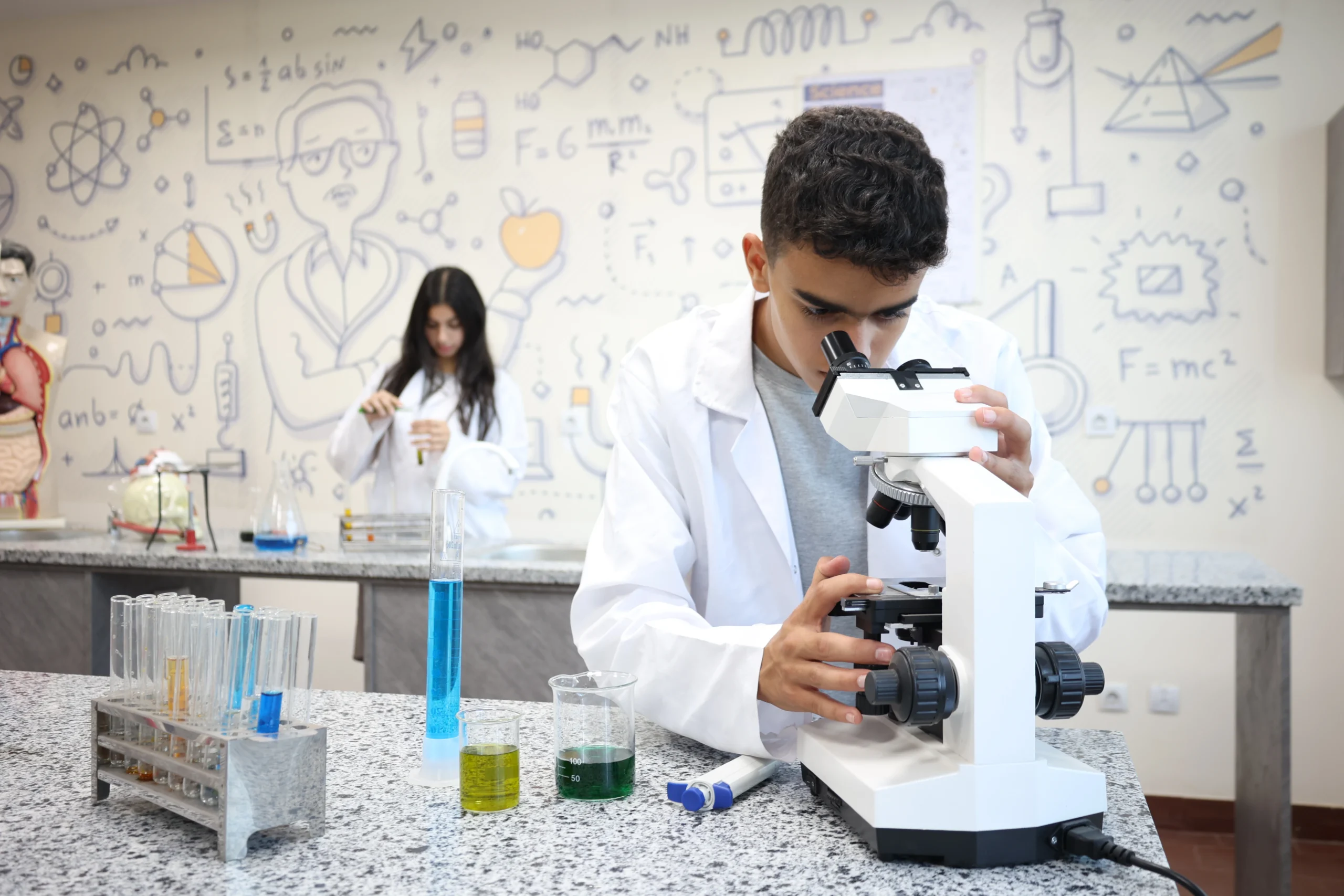The secret is to know your pupils and develop their respect.
It is true, this might sound essential and basic, but good teaching is massively based on understanding how pupils learn best and define their learning needs.
The bond between “Teacher and pupil” is reigned by respect and allied closely to the good teaching. A successful and strong relationship between the teacher and the pupil is a vital element of the teaching/learning experience.
We help our pupils make a connection between putting effort into an assigned task and receiving recognition which is essential in our view to develop a classroom environment that is positively fostering active and engaging learning.
Praising and showing recognition are essential motivators, shifting pupils from just Being correct to Giving full effort and showing maximum potentials.
Positively reinforce is when we encourage our pupils celebrate their mistakes as an opportunity for learning and making each intervention as another chance to try and succeed.
While enticing the curiosity of our pupils for a topic, we take our first steps through our enquiry-based learning, presenting them with the opportunity to research and report on the topic. This is when learning is really happening and occurring.
Students transferable skills are improving through I.B.L. Students develop the skills of posing questions, investigating, discussing, looking for evidence, debating skills, cooperating and reaching own conclusions.
Assessments are done in various ways and forms within the process of learning and development.
Formative assessments are the assessments taking place day-to-day and are implemented to gauge pupils’ conceptual understanding of a specific skill or a topic – so, when we formatively assess, we assess to evaluate the occurring learning. Formative assessment is often used in a diagnostic dimension, it allows us to identify the struggles a pupil is facing in the moment. This is used as a guiding tool that allows us to adapt our instruction during the teaching process and better meet the pupils’ needs and misconceptions. A most common form of this type of assessment in the MCQ, which enables us where a pupil’s thinking has gone wrong.
At Aspire, we adopt differentiation at all levels. Differentiation simply means setting the class into small groups based on attainment.
Learning in our classes is more targeting each Pupil individually and appeals to their individual interests, generating high interaction in class. Step by step, our teachers develop familiarity and rapport with their pupils and what may be difficult to achieve at the beginning becomes reachable and easy through personalized activities and questions.
At Aspire, even our online interaction is built on personalization; planning is designed as per various needs and targeting attainment and progress. A personal touch is poured in our planning recipes, helping to incorporate pupils’ interests into each session and taught lesson. The process is made more and more easy with Firefly, our learning platform.
At Aspire, we adopt the behaviourist approach which focuses on the responses of the learners to specific stimulus is combined with the cognitive approach which focuses on the active mind and its role in the process of various opportunities of learning and development.
In many areas, we explicitly teach thinking and problem-solving skills. With metacognitive strategies, pupils are able to think critically and analyze given data, reaching solutions for problems and posed questions.
AT all teachers ensure the success of this operation by securing knowledge and giving multiple opportunities for practice. Pupils are trained to avoid surface features of giving questions or problems and dig deep to recognize and focus on the deep structure of problems applying learning acquired in a more effective way.









